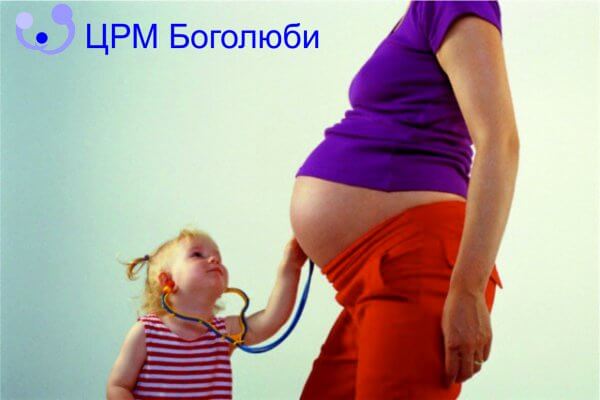Infection of a woman with a cytomegalovirus during pregnancy is a latent threat, as it can lead to fetal damage and cause extremely serious consequences..
Transmission routes of CMV
Transmission of CMV occurs primarily through the placenta. Fortunately, not all women who acquire CMV during pregnancy transmit the virus to their unborn baby. The risk of transmission varies between 30 and 40%. In 85-90% of children with a congenital form of CMV, the disease is asymptomatic. In 10% of babies with an asymptomatic course, as a rule, auditory defects of varying severity are observed, in 70% - neurological complications.
The highest risk for the fetus is the infection of the mother from the time of conception to the 3rd month of pregnancy. A recurring infection in the maternal body is less worrisome because the mother passes on the fetus and protective antibodies.
If infection with cytomegalovirus occured in the first trimester of pregnancy, then this threatens the baby:
- growth retardation;
- prematurity;
- hearing damage;
- hepatosplenomegaly;
- jaundice neurological abnormalities;
- perinatal mortality.
Diagnosis of cytomegalovirus
Cytomegalovirus can be detected using a simple blood test. A blood sample is evaluated for the presence of specific antibodies directed against the microorganism.
The best time to take the CMV test is, of course, the period of preparation for conception. If the IgG level is negative before pregnancy, the mother should try to follow preventive measures to avoid primary infection. At the same time, a woman needs to undergo periodic checks in order to detect IgM positivity, which indicates infection during pregnancy.
Prevention of cytomegalovirus
In order to prevent infection with cytomegalovirus during pregnancy, contact with the mucous membrane and body fluids of infected people must be avoided. Particularly at risk are preschool children (three to five years old), who are often carriers of infection, becoming infected in kindergartens and nurseries.
ЧTo avoid CMV infection:
- wash your hands often and thoroughly;
- do not share food, toothbrush, cutlery with anyone;
- Keep toys, rattles, and anything that might be contaminated with saliva or urine in small children.
Treatment of cytomegalovirus
To date, there are no vaccines or drugs active against cytomegalovirus used during pregnancy. Although antiviral drugs can not be taken by pregnant women, nevertheless, they can be used in the treatment of the child, in case of confirmation of infection. This, for example, ganciclovir (which is prescribed by a specialist!), 6 mg / kg twice a day intravenously for 6 weeks. Alternatively, valganciclovir may be proposed orally in doses of 16 mg / kg, twice a day, for 6 weeks.
















